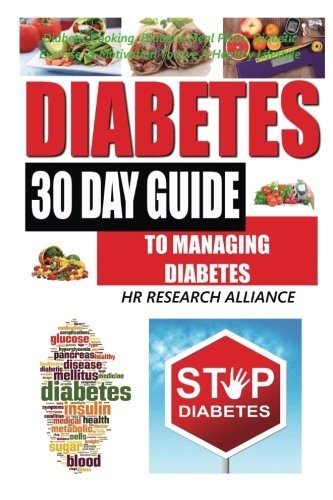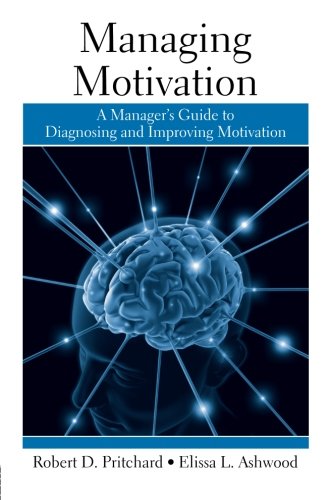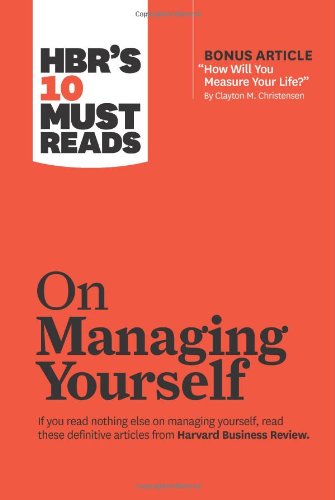
For readers convenience of choice, this guide book is printed both in paperback, & eBook formats.
This motivational 30 day guide, can help aid you, in achieving management of diabetes.
Under your Doctors supervision, you will achieve your goals of managing diabetes.
This 30 day guide contains a vast amount of information, to go along with motivation, that you can use around the clock.
THIS IS NOT YOUR TYPICAL INFORMATIONAL STUDY GUIDE.
Take a look at some of the topics discussed inside…
About Diabetes- Types of Diabetes – Signs and Symptoms of Diabetes – Risk Factors – Diabetes Management – Medications and Treatment – Oral Medications – Diabetes Complications – The Importance of Diet and Exercise – Dietary Factors – Understanding Macronutrients – Carbohydrates – Lipids – Proteins – Understanding Micronutrients – Exercise – 30 Day Guide to Managing Diabetes — Introduction and Cautionary Statements- The 30-Day Guide- Day 0- Planning to Tackle Your 30-Day Commitment- Keep a Daily Record of your Achievements- Week 1 – Tough Start- Day 1 – Things to Do on your First Monday- Day 2 – Educate Your Body- Day 3 – Remind Your Body- Day 4 – Keep Going- Day 5 – Keep Going: Aim for the Weekend- Day 6 and 7 – The Weekend- Week 2 – Reinforcing New Habits- Day 8 – Back to Work- Day 9 – Stay Motivated- Day 10 – A Third of the Way There- Day 11 – Keep Going to the Weekend- Day 12 – End of the Work Week- Day 13 and 14 – The Second Weekend- Week 3 – Almost There!- Day 15 – Half-way Point- Day 16 – Keep Going Through Week 3- Day 17 – Half-Way through the Work Week- Day 18 – Almost There- Day 19 – Week 3 Work Days Completed!- Day 20 and 21 – Weekend of Week 3- Week 4 – The Final Week- Day 22 – Commit to the Finish Line- Day 23 – Keep Going- Day 24 – So Close- Day 25 – Almost There- Day 26 – Just 4 More Days; Two until the Weekend- Day 27 – End of the Week 4 Work Week- Day 28 and 29 – The Final Weekend- Day 30 – Victory Day-
Order your copy today, & help educate others, based on your own experiences, and knowledge.
Order your copy today, and start your journey to a healthier you.
Take care
Risk Factors The risk factors for the different types of diabetes are behavioral, environmental and genetic. The onset of type 1 diabetes in childhood points to a genetic predisposition. Indeed research into the clinical population has revealed variations in genes involved in immune cell function and regulation 12,13, as well as genes encoding insulin 14. Environmental factors in type 1 diabetes show indirect evidence implicating viral and bacterial infection as triggering aberrant immune responses, but more work needs to be done before direct conclusions can be made14. Another way environmental agents can affect immune function is through nonpathogenic commensal bacteria – the population of bacteria that live in the gut and are involved in our physiology. These commensal bacteria populate the gut in newborns and they come to exist in a balanced system with the body’s immune cells – regulating the immune system to some extent. They also respond to environmental stimuli including ingested food, therefore their potential impact on diabetic symptoms is currently under investigation 14. Type 2 diabetes has a strong behavioral component because it is often linked to obesity and a lifestyle lacking physical activity 15–17. Obesity is a state of metabolic dysfunction that results from an imbalance in the amount of calories consumed and the amount actually used. Two major consequences the body experiences with obesity are hyperlipidemia (abnormally high levels of lipids) and hypertension (abnormally high blood pressure). Obesity is also associated with hyperinsulinemia and insulin insensitivity.



